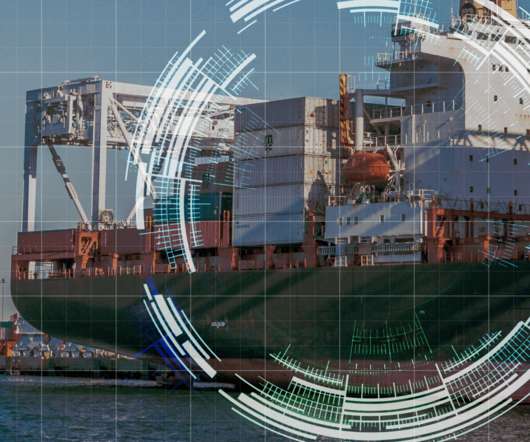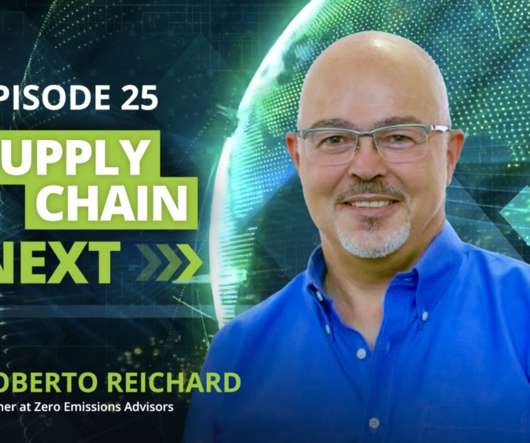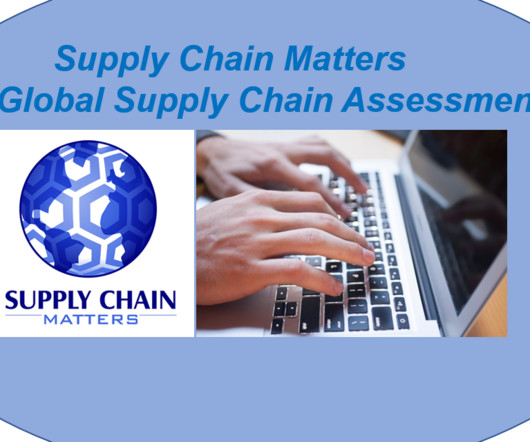The Importance of Transparency in Supply Chains
Enterra Insights
SEPTEMBER 16, 2019
Consumers, activists, and investors increasingly want to know the products they buy are sourced sustainably and ethically. Transparency, on the other hand, involves moral and ethical dimensions of activities associated with sourcing and manufacturing. sources of raw materials. performance-based metrics.
















Let's personalize your content